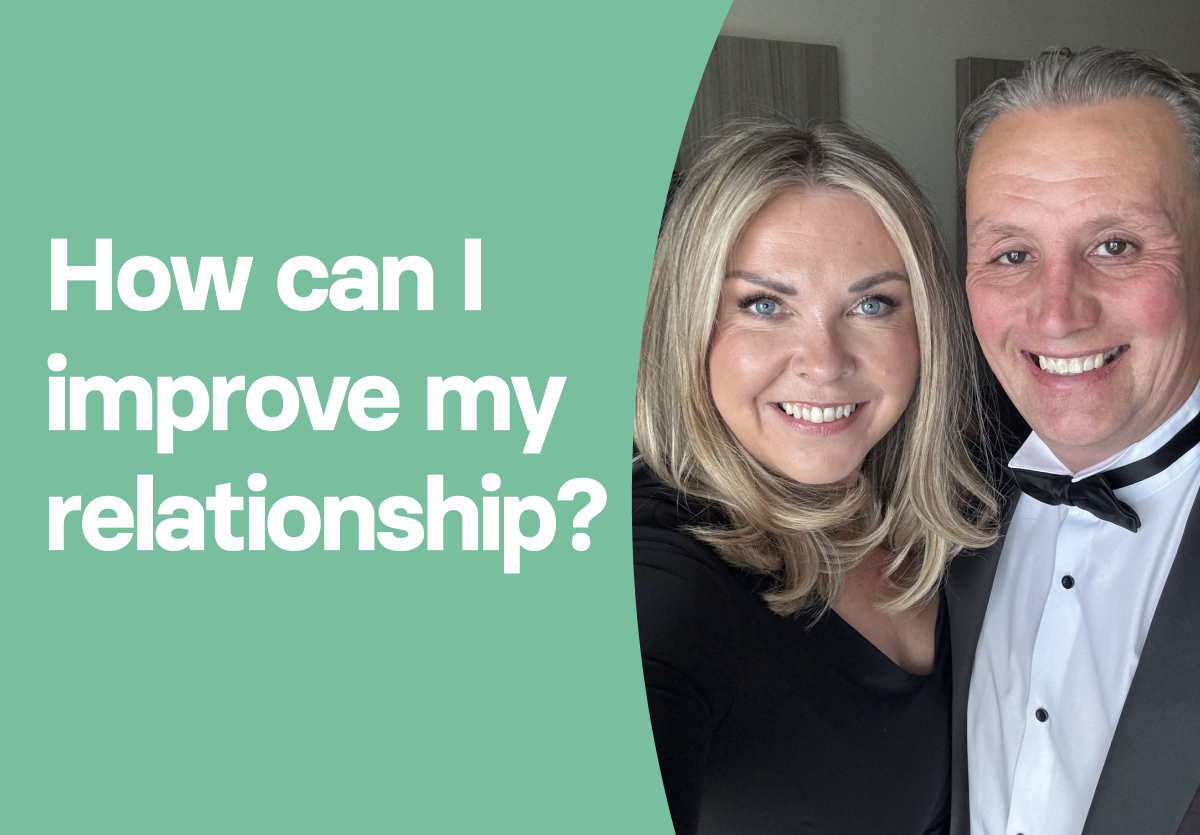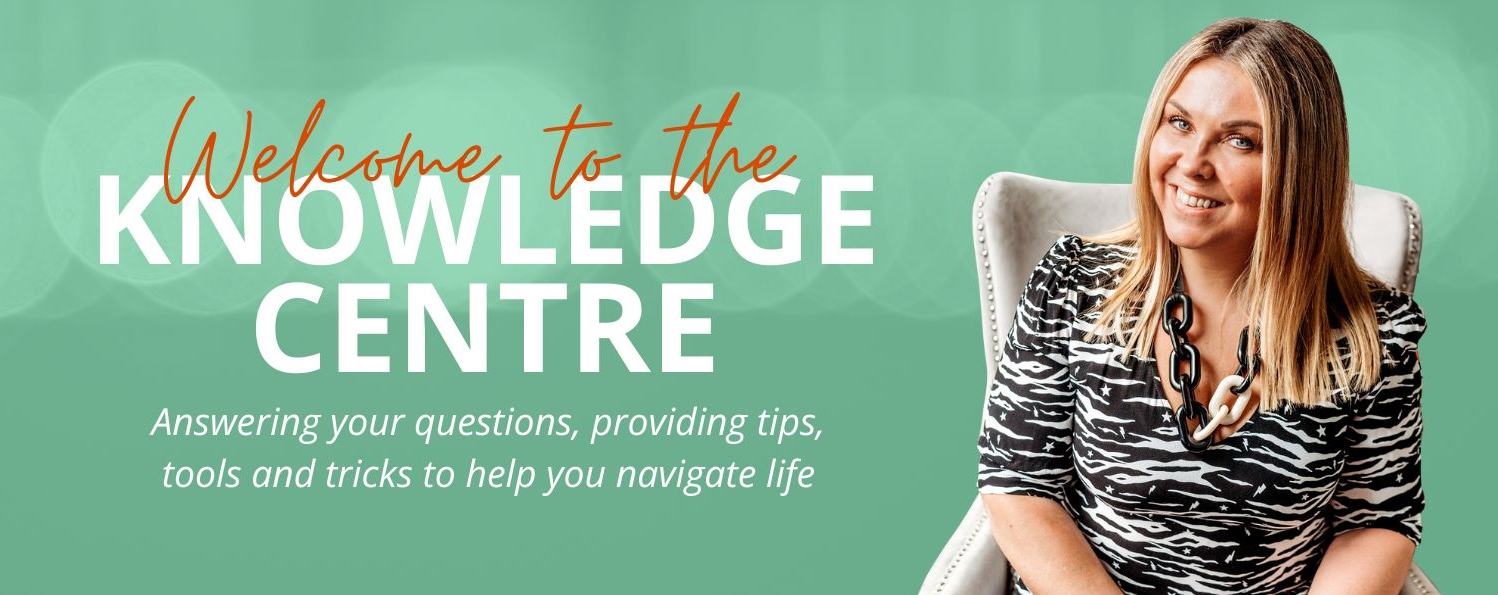
Nobody likes being walked over. It can leave you feeling powerless. The worst thing that can happen to you is feeling misused. However, you need to understand that you have control over how people treat you. It is only when you allow others to walk all over you that they actually do.
The chances are that you struggle to place limits around how you want to be treated. The fact is that you need to establish boundaries if you feel like you are walked over all the time. It does not matter whether you notice such behaviour in your professional or personal life. As someone who has had a similar plight in the past, I can offer valuable insight that will allow you to gain more control.
Signs You Require Boundaries
Since you are likely to struggle with setting boundaries, you might not be able to recognize your need. Now, you might even realize that you are being walked over but not know how to let the other person. It is quite common for people to try to avoid conflict. You could even be worried about being assertive and making the other person angry. Similarly, being considered selfish or demanding can be something you fear.
Whenever I feel like someone is walking all over me, I usually consider the following signs to determine my plan of action.
- You cannot deal with conflict.
- A history of codependent relationships.
- Feeling guilt and anxiety a lot of the time.
- Saying “Yes” even when you would rather say “No”.
- Constantly believing that you are being walked all over.
- Always feeling exhausted from trying to do it all, all the time.
- There is nothing more important to you than how others perceive you.
- You stick to passive-aggressive behaviour to make your point clear instead of being assertive.
Being a People Pleaser
If there is one thing that you need to know, it is that anyone who struggles with boundaries is often a people pleaser. This means that you place other people’s needs above your own. Generally, people-pleasing is a habit that you learn during childhood. It is a coping mechanism.
If you do not feel that you are worthy of love while growing up, you can become a people pleaser. Take a moment to think about whether you spent a great deal of time trying to fit in and please others, such as your parent. It can even be unintentional on your parent’s part for various reasons. Maybe, your parents just had a lot on their plates, such as work, an addiction, mental illness, or they got divorced.
Whatever the reason might be, they could not properly tune their parenting style based on your needs. As a child, the most important thing you need is connection. If such needs had not been met when you were a child, you would try to find ways to maintain any connection you have – no matter the cost.
When you strive to build a connection, you try to fit your nature to suit the emotional state of your parent. You would try your best to not become a burden on your parent by proving that you are well-behaved and bypassing your own needs. You would then form a belief that love has to be earned, whereas it should be given freely. You could find yourself trying to give more and mould yourself for others for a chance to seek their love and establish a connection.
Even though this coping style might have worked out for you as a child, it would make your life a lot harder when you become an adult. I know that if I do not have any boundaries and try to please, I will leave myself open to getting exploited.
Establish Healthy Boundaries
Now, what I want you to do to overcome the feeling of being walked all over is to build healthy boundaries. You need to understand that boundaries are good as they help relationships. In order to set healthy boundaries, you have to know what you can tolerate and what you cannot.
Self-awareness is critical here. You have to find out what your needs and wants are while having the courage to fight for them so that they are always met. Boundaries are needed in every relationship. Whether the relationship is with a co-worker, friend, or partner. You are responsible for showing others how you should be treated.
A lot of the time, people do not have a hidden agenda to violate your limits. Instead, they simply do not know what they are. There is nothing demanding about setting boundaries. In most situations, gentle assertiveness is more than enough.
Types of Personal
- Emotional Boundaries
Emotional boundaries refer to those boundaries that enable you to separate your feelings from those of others. A great example of an emotional boundary being crossed is when your friend keeps dumping his or her problems onto you while not listening to a word you have to say.
An emotional boundary requires you to know how much emotional energy you are able to give the world. You have to validate your emotions. To set an emotional boundary, you could use a phrase such as “I am extremely sorry that you are having a tough time this week, but I am not available for a call at the moment. Maybe, we can talk some other time?” - Physical Boundaries
Every person has limits to their personal space. This is why physical boundaries are essential. A great example of a physical boundary violation is when a parent barges into the room without knocking and waiting for a reply first. To set a physical boundary, you could simply say, “Kindly ask for my permission before you enter my space.” - Time Boundaries
As time is one of the most valuable resources known to mankind, you have to put it to good use. It tends to be limited. Although going out with friends is always fun, you have to take time out for yourself. You might find yourself trying to make yourself available for people if you are a people-pleaser.
There could be a party that your friends want you to attend, and you do not even want to go but are unable to get them to agree to you not going. Here’s what I like to say when I need to set a time boundary, “I am afraid that I cannot make it today”.
Healthy Boundaries in Relationships
Do you feel like you are walked all over in relationships? You need to have a better understanding of yourself to be able to build healthy boundaries. Find out what you like and dislike, what you can tolerate and what you really don’t like, and how you would like to be treated in relationships.
The following examples of healthy boundaries in relationships will help you realize what you need to do.
- You are able to express your own needs no matter how uncomfortable or weird it makes you feel. Misunderstanding is the root cause of most boundary violations. Once you have an idea about what your needs are, you need to speak up.
- Both you and your partner understand each other’s boundaries. Some people like being left alone while at work, whereas others like to text throughout the day. Finding a middle ground should do the trick.
- You and the other person respect each other’s needs and are able to resolve conflicts. Although disagreements tend to happen from time to time, it all comes down to how you and the other person deal with them. However, you have to let the other person know what works for you.
- There is no blaming. Instead, you and the other person are able to express feelings constructively without having to use any accusatory statements. For instance, I like to say, “When you do (something), it makes me feel (something)” rather than “You are annoying”.
- You set time boundaries with people. As much as spending time with friends might be fun, you still have to set aside time for yourself. Besides, absence is vital for ensuring that the relationship grows. There is no wrong response for how much time you can spend with someone.
To ensure that you are able to make a difference in your life and put an end to people walking all over you, you have to be kind to yourself. It is not your fault that the other person does not understand. Do not let people-pleasing come in the way of your happiness. Self-compassion will prove beneficial.
If you have spent most of your life focusing on others, it is about time that you took charge and enjoyed life on your terms. There will be no looking back once you experience such freedom.
For help setting boundaries book a breakthrough with Angela, click the link below





